-
While some of the party’s claims about Imo state’s debt levels cannot be proven, the PDP is correct that Imo is the most indebted state in the south-east geopolitical zone.
-
Similarly, the PDP has good reason to raise concern about unemployment in Imo - the highest in the country. But the state does not score the worst nationally when it comes to ease of doing business.
-
Africa Check found no evidence that Imo state had both the highest infant and maternal mortality rate in the region in the last two years.
“A calamity has befallen our state, Imo has collapsed under Hope Uzodinma,” said a January 2022 statement from the Peoples Democratic Party (PDP), as it unleashed a barrage of criticism against the party’s political opponent.
Uzodinma, of Nigeria’s ruling All Progressives Congress (APC), has been the governor of southeastern Imo state since a controversial January 2020 court ruling unseated the PDP’s Emeka Ihedioha.
With national elections scheduled for February 2023, political parties in the country are scouring their opponents’ records in search of campaign ammunition.
In the widely reported statement, the PDP’s Imo chapter made a number of claims about the state, including on health and the economy.
We looked into seven.
While Collins Opurozor, the PDP’s director for new media in Imo state sent us their full statement, he has yet to respond to follow up requests for evidence.
Nigeria has six geopolitical zones. The south-east zone has five states: Abia, Anambra, Ebonyi, Enugu and Imo.
The most recent data from the Debt Management Office, a state agency, is from September 2021. It puts Imo’s domestic debt at N151 billion. This is the highest in the south-east zone. (Note: We could not establish a figure for Imo’s external debt. In Nigeria, states are allowed to borrow from foreign sources.)
The most recent available data for foreign debt is from December 2020, when Imo had the highest debt of the five states. This was N186 billion, made up of N150 billion in domestic debt and N36.6 billion in foreign debt (US$96 million).
Governor Uzodinma inherited debt of N185 billion, made up of domestic debt of N164 billion and N21 billion in foreign debt ($64 million).
The data also shows that from 2015 to 2021, Imo’s domestic debt rose the most between 2018 and 2019, when it increased by N14.2 billion. This was before either Ihedioha or Uzodinma took office..
In the same period, foreign debt rose fastest between 2019 and 2020, by $31 million, when Ihedioha was governor.
Excessive borrowing ‘risky and dangerous’
Felix Onah is a professor of economics at the Godfrey Okoye University in Enugu, southeastern Nigeria. He told Africa Check that debt can be good when it can be easily serviced by the borrower.
This is because debt can increase a state’s capacity to provide infrastructure that may not be possible using only available resources.
“However, if the reasonable limits are exceeded, that means the state is mortgaging the ability of the future generation to develop the economy. That is risky and dangerous."
Uzodinma was sworn into office on 15 January 2020. The most recent data from the debt management office covers December 2020 to September 2021, in which domestic debt increased by N1.1 billion.
Data on foreign debt for the period is yet to be published by the debt office. Given this we rate the PDP’s claim as unproven.
In 2020, the last year for which full data is available, foreign debt increased by N15.5 billion while domestic debt fell by 14.2 billion, from N164 billion to N150 billion.
States generate their own revenue in different ways. According to the National Bureau of Statistics this includes money that comes in through state ministries, departments and agencies, as well as pay-as-you-earn and road taxes, and other levies.
The most recent publicly available data from the statistics office shows that Imo made N9.9 billion in own funds in the six months to June 2021.
We have asked the PDP to clarify their source of additional data.
Imo made N17 billion in 2020 and N16 billion in 2019.
It is important for states to significantly increase their internal revenue so as to sustain themselves, economist Felix Onah of Godfrey Okoye University told Africa Check.
“Dependence on loans from foreign and domestic sources at the federal level is bad, but it is even worse for states to depend on loans,” he said.
“Our party notes with great pain that within two years, Senator Uzodinma has made our state, Imo, the unemployment capital of Nigeria,” the PDP said.
According to a labour force report from the country’s National Bureau of Statistics (NBS) , in the fourth quarter of 2020 Imo had the highest unemployment rate in the country, at 56.64%. This is the most recent data available.
Data from 33,300 households in the 36 states and the federal capital territory was used to work this out.
Tope Fasua is an economist and chief executive of Global Analytics Consulting, a public financial management firm. He told Africa Check it was acceptable “to call a place the unemployment capital of somewhere if you are talking about the same data published by a particular body, in this case the NBS”.
Fasua said it got “trickier” around such a designation when one began to cross borders.
The bureau does not publish quarterly data, so to establish trends we looked at what available quarterly data there was. The data shows the unemployment rate for the state ranged from 23% in 2017 to 28% in 2018, when it was the 10th highest in the country,
The rate then jumped to 48.7% in the second quarter of 2020, following lockdown measures. This was also the highest in the country.
Current state government can be held responsible, says political economy professor
Politicians like to fault each other and campaigns are often built around social welfare issues like unemployment, Dung Pam Sha told Africa Check.
Sha is a political economy professor at the University of Jos in northern Nigeria, with a focus on labour economics.
“Looking after the welfare of citizens is one of the goals for any government and providing an environment for businesses to thrive so that citizens can be gainfully employed is one of its responsibilities,” he said.
“If the government is not able to fulfill this responsibility, then it is a marker that the administration has not done well”.
Sha said while social issues like poverty and unemployment did not happen overnight, the administration of the day could be held responsible as it was now in office.
“The regime may not be able to totally right the wrong or be scored 100 but any score must reflect that some attempt has been made to correct things. To be fair, the score must reflect that there was not enough time to correct the wrongs but it must be clear to all that an attempt has been made.”
Media reports and commentators have also cited the political leadership for the high unemployment despite Imo having more resources than other states.
The governor and his team have in turn blamed political rivalry.
The Presidential Business Enabling Environment Council was established in July 2016 to make setting up and running a business in Nigeria easier.
In January 2021 the council published its first survey on the ease of doing business. According to media reporting, Imo placed 11th on the list out of 36 states and the federal capital territory.
The survey was done between November 2020 and January 2021 and included 998 small- and medium-sized businesses.
It covered areas such as infrastructure, security, skills and labour, and the regulatory environment.
The second edition of the report is due to be published in the second quarter of 2022.
The infant mortality rate measures the probability that a child will die between birth and their first birthday. It is given as the number of deaths per 1,000 live births.
The demographic health survey, which is done every five years, has data on the infant mortality rate in Nigeria.
The most recent survey, published in 2019, shows Imo had the third highest infant mortality rate in the south-east zone, at 54 deaths per 1,000 live births.
Abia had the highest rate with 65 cases per 1,000 live births. Ebonyi ranked second with 57 cases per 1,000 live births.
Previous editions of the survey do not break down the rate by state.
The maternal mortality rate refers to deaths that occur during pregnancy, childbirth or within 42 days of birth or termination of a pregnancy. It excludes deaths as a result of accidents or violence.
The demographic health survey does not provide a breakdown of maternal mortality across states or geopolitical zones. It does estimate the rate to be 0.92 maternal deaths per 1,000 women aged 15 to 49 for the whole country.
But experts have previously told Africa Check that maternal mortality figures from Nigeria are not reliable.
In the absence of reliable data, we rate this claim as unproven.


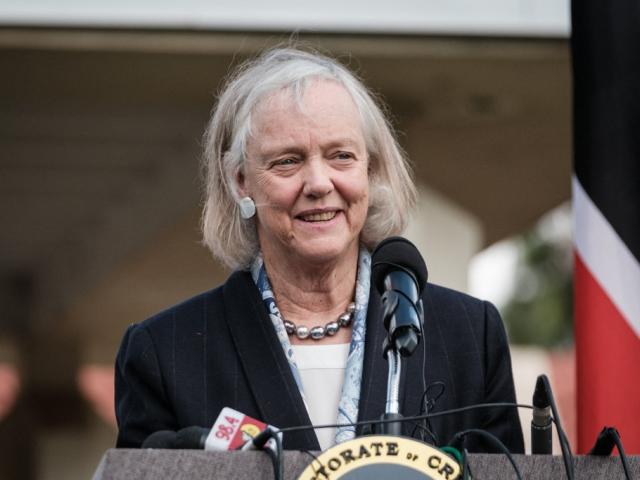
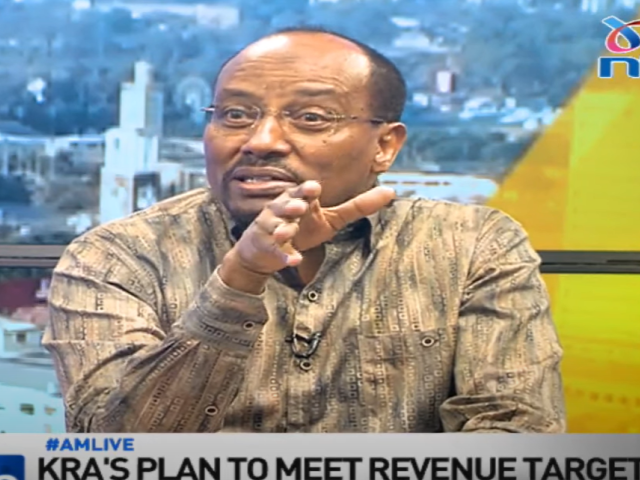
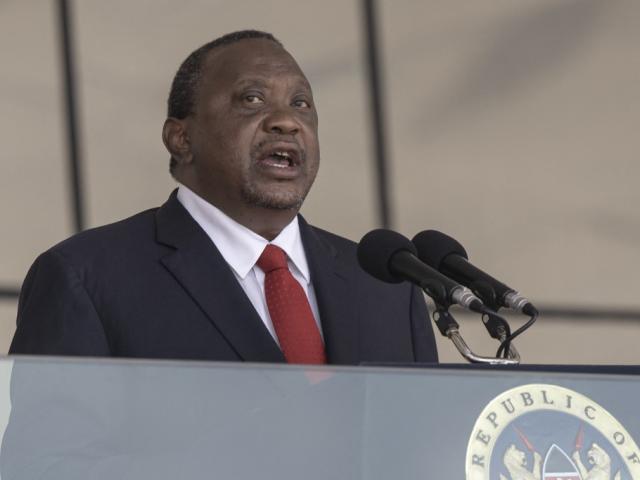
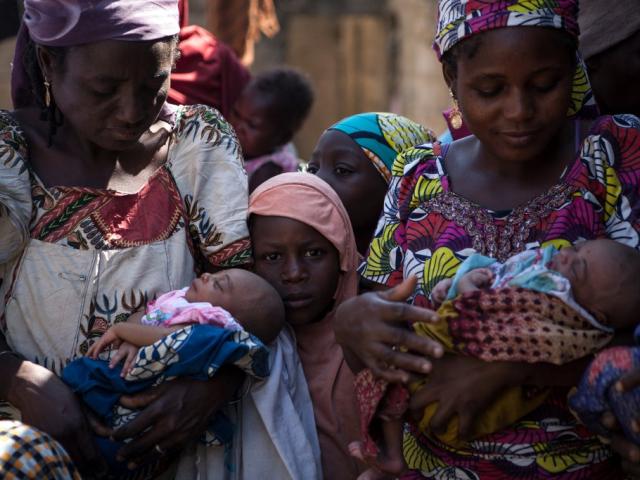
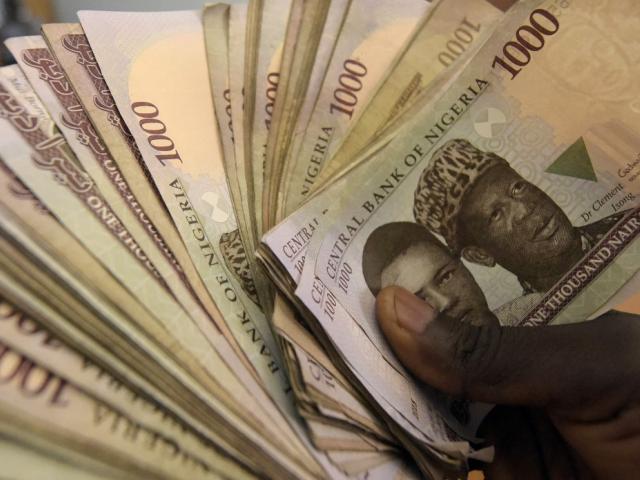

Add new comment